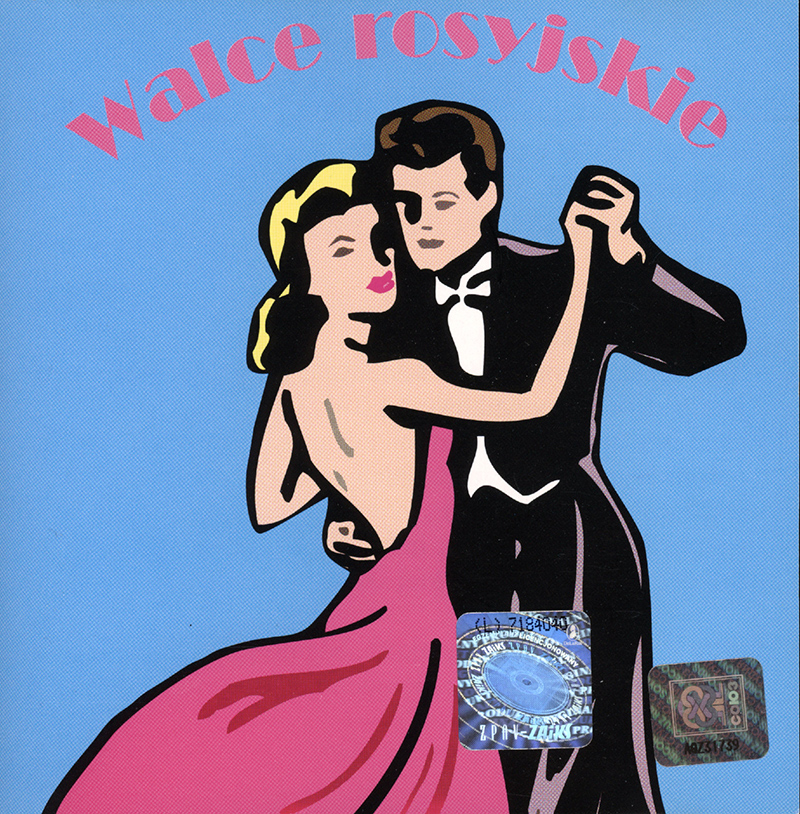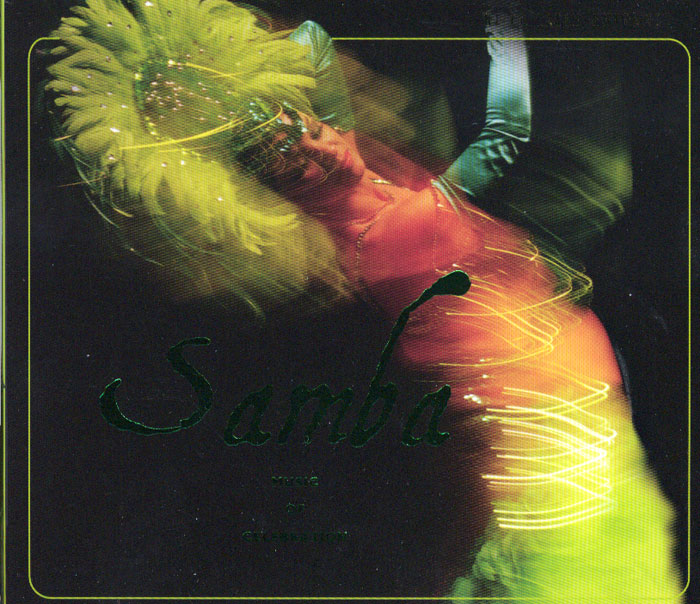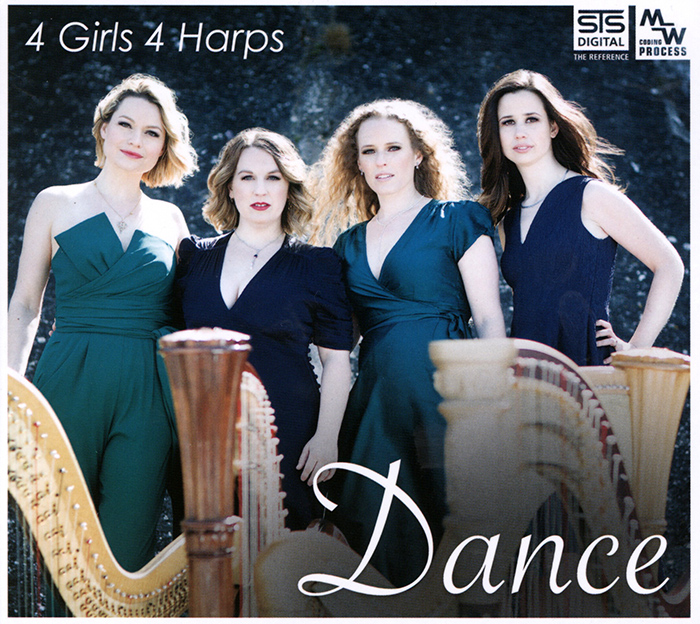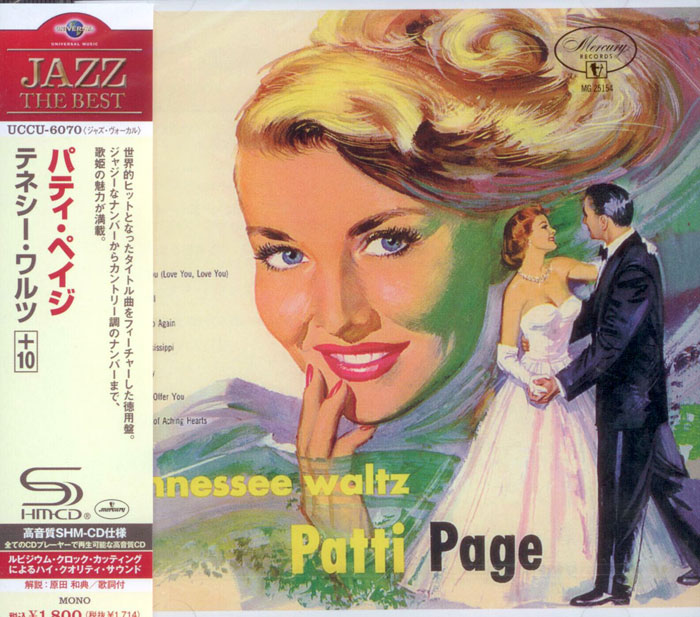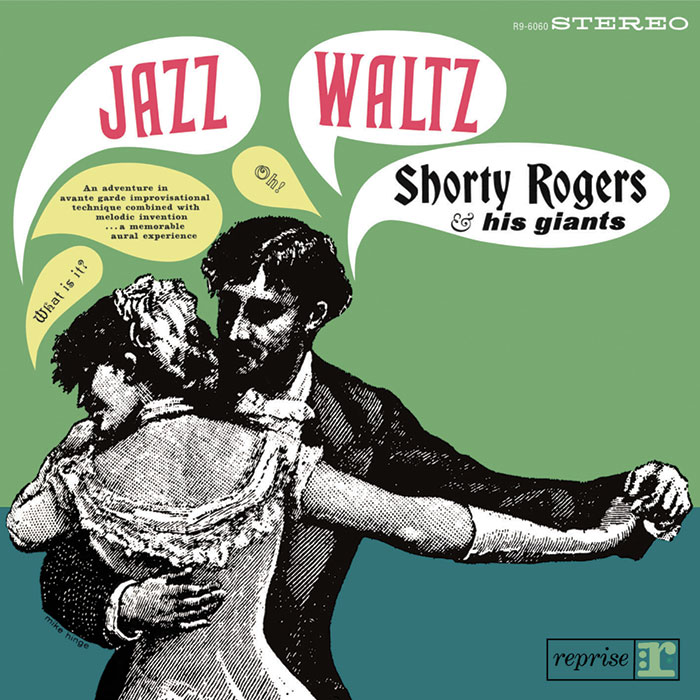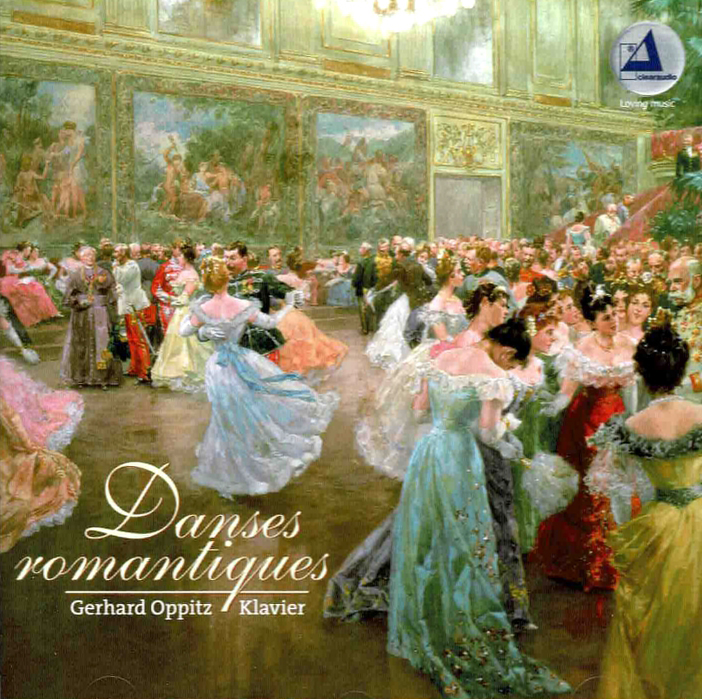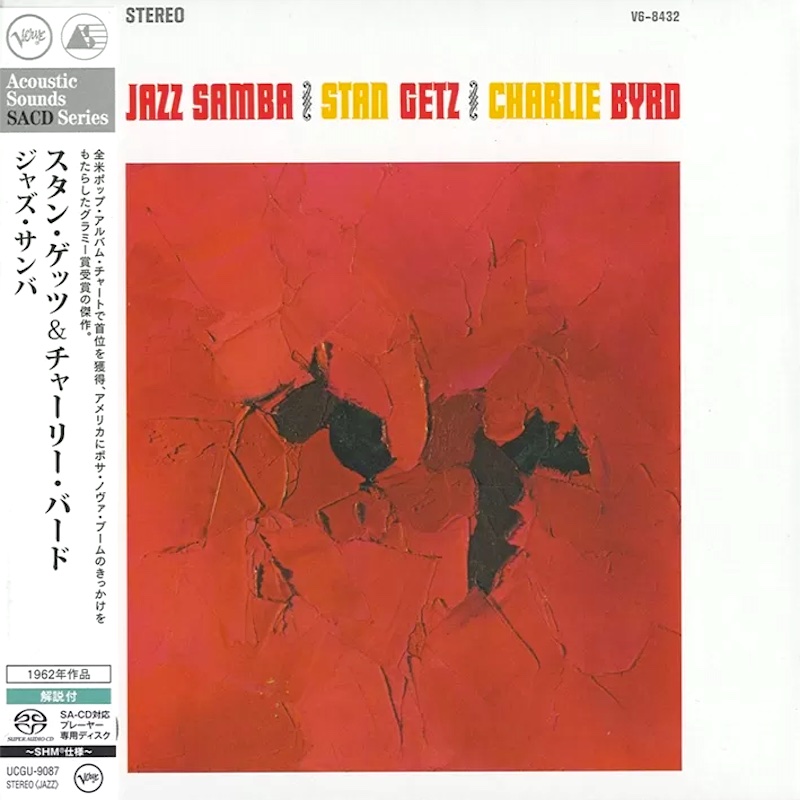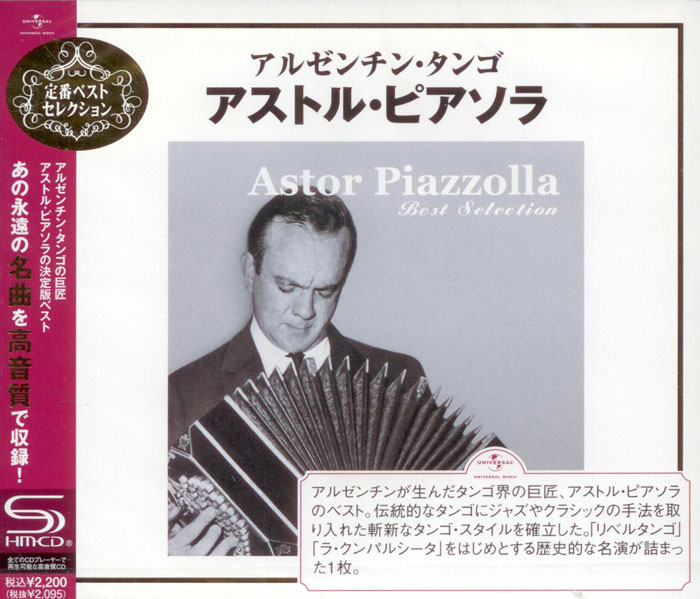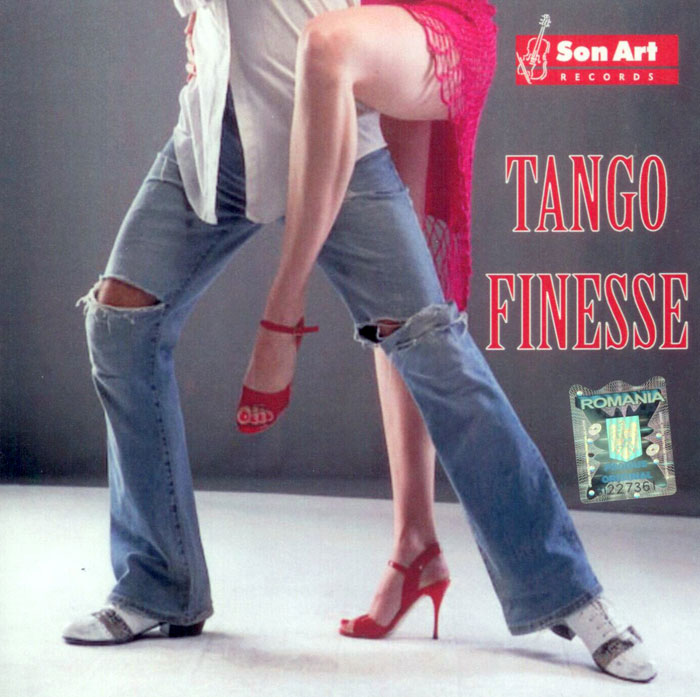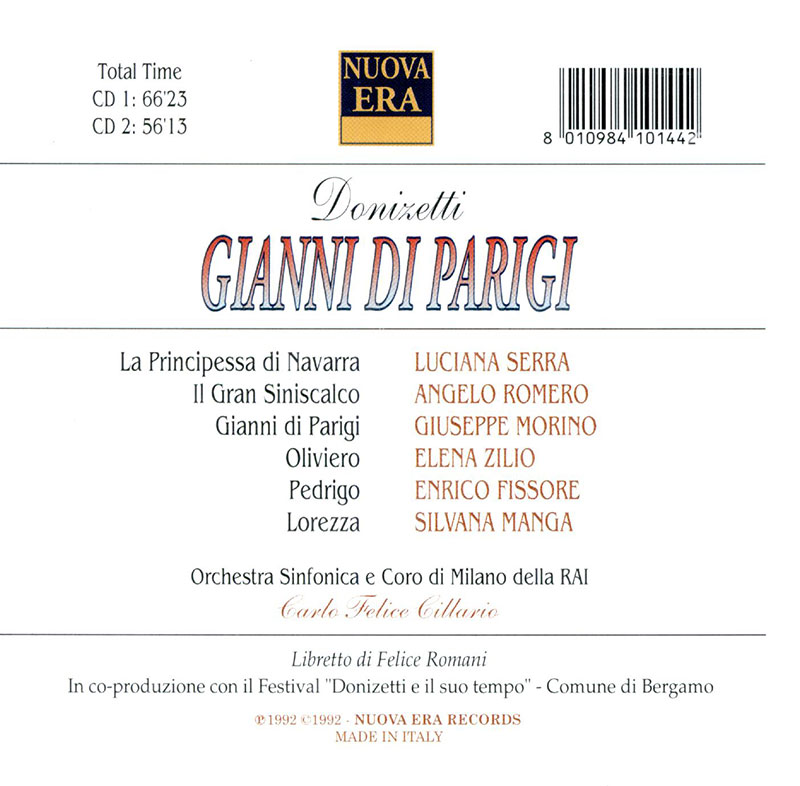Logowanie
Dziś nikt już tak genialnie nie jazzuje!
Bobby Hutcherson, Joe Sample
San Francisco
SHM-CD/SACD - NOWY FORMAT - DŻWIĘK TAK CZYSTY, JAK Z CZASU WIELKIEGO WYBUCHU!
Wayne Shorter, Freddie Hubbard, Herbie Hancock, Ron Carter, Elvin Jones
Speak no evil
UHQCD - dotknij Oryginału - MQA (Master Quality Authenticated)
Karnawał czas zacząć!
Music of Love - Hi-Fi Latin Rhythms
Samba : Music of Celebration
AUDIOPHILE 24BIT RECORDING AND MASTERING
CHOPIN, LISZT, DEBUSSY, DVORAK, Gerhard Oppitz
Dances romantiques - A fantastic Notturno
Wzorcowa jakość audiofilska z Clearaudio
Winylowy niezbędnik
ClearAudio
Double Matrix Professional - Sonic
najbardziej inteligentna i skuteczna pralka do płyt winylowych wszelkiego typu - całkowicie automatyczna
DONIZETTI, Luciana Serra, Angelo Romero, Giuseppe Morino, Orchestra Sinfonica e Coro di Milano della RAI, Carlo Felice Cillario
Gianni di Parigi
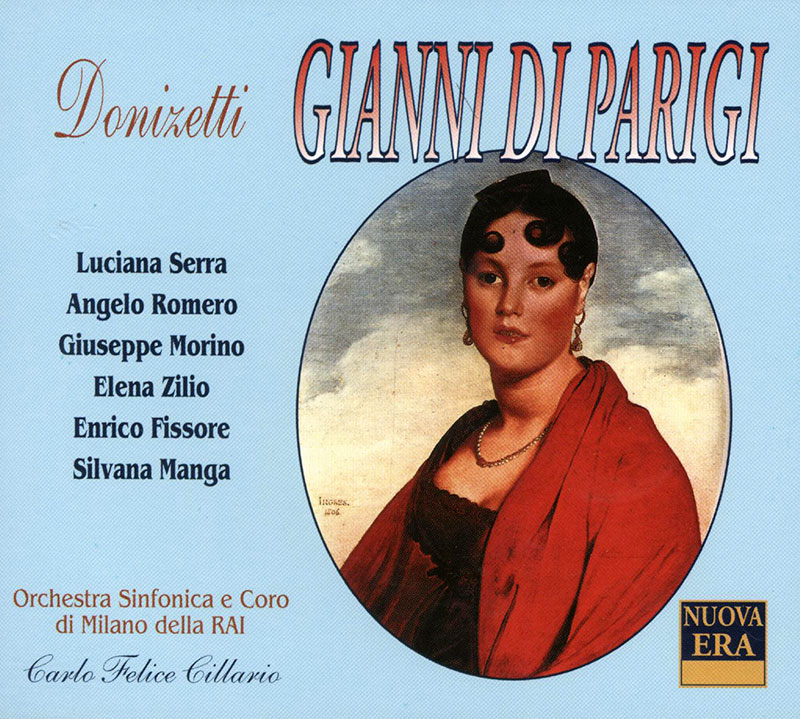
What fun it is to make a new musical discovery. Gianni di Parigi is early Donizetti, composed a year after Anna Bolena and a year before L’elisir d’amore . It is surrounded by operas that have been exhumed and recorded by Opera Rara—Donizetti works that are full of enjoyable music and are sadly ignored. Felice Romani’s libretto was based on an earlier work by Claude Godard d’Aucourt de Saint-Just that was set to music by Boieldieu in 1812. Before Donizetti acquired Romani’s libretto, it had been used by Francesco Morlacchi for an opera in 1818. Although Donizetti composed the work in 1831 (according to most sources, but there is reason to believe it was composed as early as 1828), it was not premiered until 1839. The plot is one of those “we’re engaged to be married, but since we’ve never seen each other, I’ll disguise myself as someone else to see if you love me” affairs. It works best for comic operas, especially when set in faraway times. Romani subtitled the work as “melodrama in two acts,” but Donizetti’s score falls into the semi-serious realm, where comedy and sentiment share the spotlight. Listen closely and pre-echoes of L’elisir can be detected, and the influence of Rossini is still to be found. The Brindisi in act II, “Persona piú amabil,” a quintet with chorus, hints of “Ah! mes amis” (the one with the high Cs) from Donizetti’s late-in-life opera, La fille du régiment . Throughout, Gianni di Parigi is a likable score, chock full of clever tunes and pretty arias, with lots of ornamentation and opportunities for splashy vocal gymnastics. This is a live performance in front of an enthusiastic audience. The microphones have picked up the rustling of programs, the rustle of costumes, footsteps onstage, occasionally the prompter, and the singers and orchestra in very clear sound. Luciana Serra, probably the best-known singer in the cast (with apologies to Elena Zilio), is quite gifted in this repertoire. Unfortunately, the microphones are not kind to her voice. She is captured with much more immediacy than her co-stars are; the steel in her voice is frequently strident and penetrating. Giuseppe Morino ( Gianni ) is a tenor with a large measure of vibrato, but imparts considerable personality to the role. The cast is uniformly excellent; they make the most of the buoyant ensembles. The booklet provides some historical background to the opera, a track listing, and a very brief plot synopsis that is not linked to the individual tracks. The libretto is in Italian without translations or track cue points. If reading the text while playing the CDs is important to you, unless you can read Italian you are at a disadvantage. The music is tuneful and the performance is good; bel canto lovers have much to be grateful for just listening to Gianni di Parigi. FANFARE: David L. Kirk Performer: Enrico Fissore (Bass), Elena Zilio (Soprano), Silvana Manga (Mezzo Soprano), Luciana Serra (Soprano), Angelo Romero (Bass), Giuseppe Morino (Tenor) Conductor: Carlo Felice Cillario Orchestra/Ensemble: Italian Radio Symphony Orchestra Milan, Italian Radio Chorus Milan














